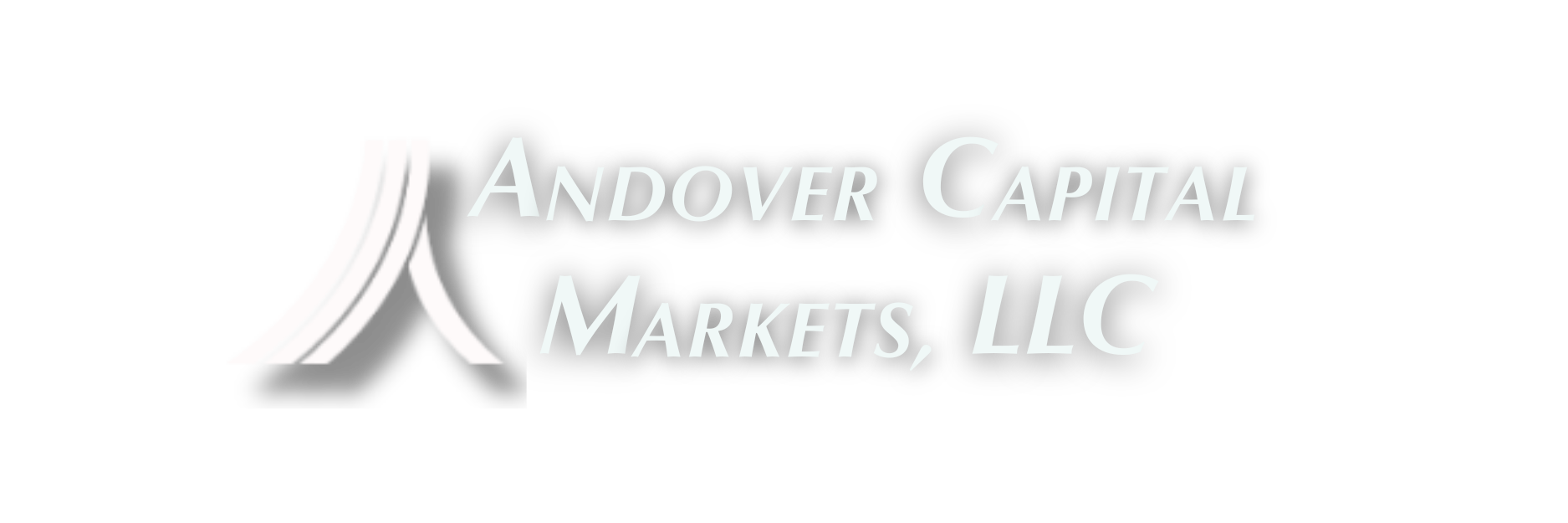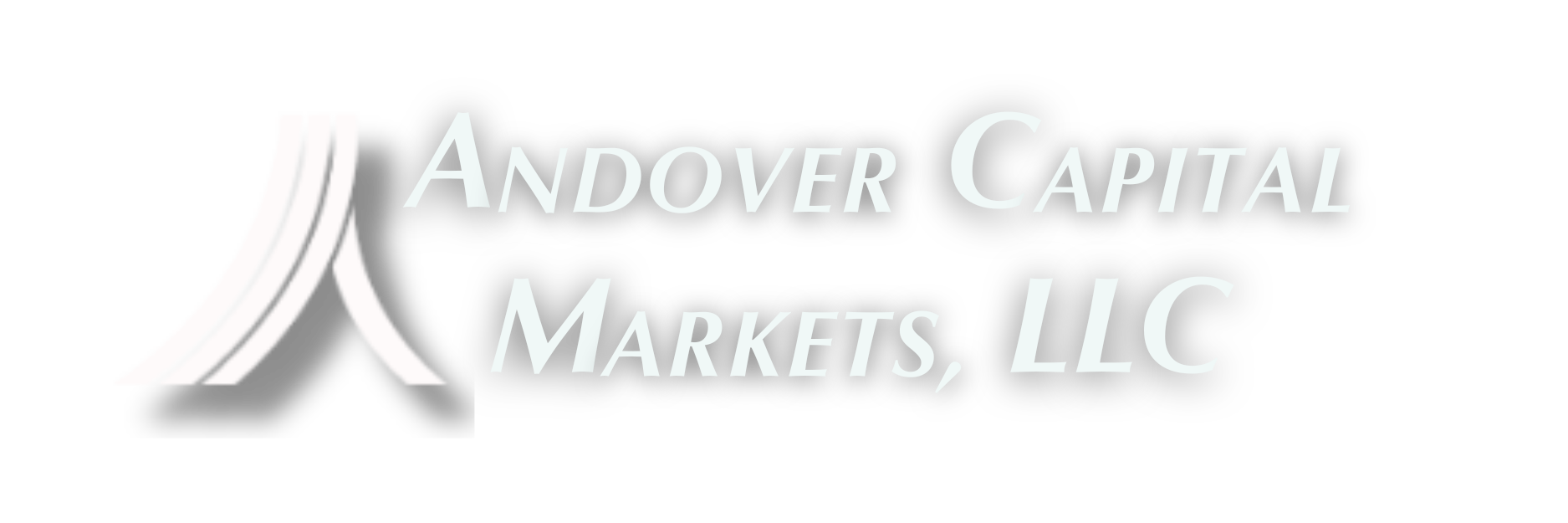Frequently Asked Questions
- 603-461-3616
- [email protected]
-
170 S. River Rd, Bldg I Suite 205
Bedford, NH, 03110
At Andover Capital Markets, we understand that the commercial financing process can be complex, and you may have questions along the way. Our FAQ section is here to provide clear and concise answers to the most common inquiries regarding our services, loan products, and application processes. Whether you’re exploring real estate financing, SBA loans, equipment financing, or factoring services, we’ve got you covered. Find quick and reliable information to help guide your business toward financial success. If you need further assistance, our team is always ready to help.
Frequently Asked Questions
Andover Capital Markets offers a wide range of commercial loan sizes. Whether you’re seeking a loan starting at $50,000 or looking for a business or real estate financing that exceeds $100 million, we’ve got you covered.
Approval time can vary widely from a few days for a non-bank financed equipment loan to over a month for a traditional bank financed real estate loan. Approval times are dependent on receiving the required documents in a timely manner, so that a full underwriting can occur. While we can’t guarantee exact timing, rest assured we’ll work diligently to keep things moving smoothly from start to finish.
To begin with, if you’re applying for traditional bank financing or SBA financing, a credit score of 650 or higher is usually required. On the other hand, for our alternative financing options, credit scores can range between 500 and 650. However, as the lender’s risk increases, it’s important to note that borrowing rates may rise accordingly.
To start, loan terms vary based on the client’s overall profile and the financing options they choose. However, at Andover Capital Markets, we can offer terms of up to 30 years when applicable.
Construction terms and potential lease-up periods can take up to 3-4 years or more to complete the project and stabilize the property. In the event it is income producing property and the owner plans to hold the property, a construction to permanent loan would be the most appropriate, which typically entails a construction/stabilization period for 3-4 years followed by a permanent loan with amortization of up to 30 years.
In the event the owner plans to sell the property, maturity typically does not exceed two years depending on the project.
Yes, typically a 25% down payment is required for a construction loan.
A low credit score for non-bank financing may not be a key factor when applying for equipment loans, as the loan is secured by the equipment itself. Lenders often focus more on your business’s cash flow and time in operation.
No, you do not need perfect credit for Hard Money loans. Hard money lenders focus on the value of your assets or project and your experience rather than your credit score. To aid in your approval with a Hard Money lender, details on past successful projects would definitely aid your application.
Factoring companies take control of collecting your accounts receivables and receive payments directly from your customers. Generally, this process does not affect your relationships with them. The only noticeable change will be updated payment instructions. Most clients will recognize this as a smart financial decision on your part, seeing it as a sign of effective business management rather than a problem. Please note that if you have existing loans, those loans will have to take on a second position or a subordinate position on all accounts receivable.
SBA loan terms depend on the purpose of the loan: up to 25 years for real estate, and up to 10 years for equipment. Working capital loans will typically be for 2 years or less.
Bridge and Hard Money Loans offer flexible financing options. These loans can be used for a range of purposes, such as acquiring real estate, undertaking construction projects, purchasing equipment, or managing working capital. They provide the support needed to address various business needs.
If a client requests a return or refund, you will need to repay the factor. To reduce potential issues, it’s important to choose accounts for factoring based on your clients’ past payment history. Typically, your factor will assist you in evaluating these accounts to help minimize risks. Please note that the factoring company is purchasing the receivable and in the instance where your customer does not pay the invoice, the factoring company assumes the loss in the event it is a non-recourse or non-guaranteed factoring relationship.
The standard maximum Loan-to-Value (LTV) ratio for banks and institutional loans is typically up to 75%, but in some instances an LTV of 80% might be attainable.
The standard maximum LTV for hard money and bridge loans generally ranges from 60% to 70%.
Hard money and bridge loans usually have terms ranging from 12 to 24 months, with some loans extending up to 36 months.
The standard minimum down payment for purchasing commercial or multifamily properties is typically between 25% and 30%. For apartment buildings with more than 5 units, Fannie Mae and Freddie Mac may offer up to 80% LTV on loans over $1 million.

